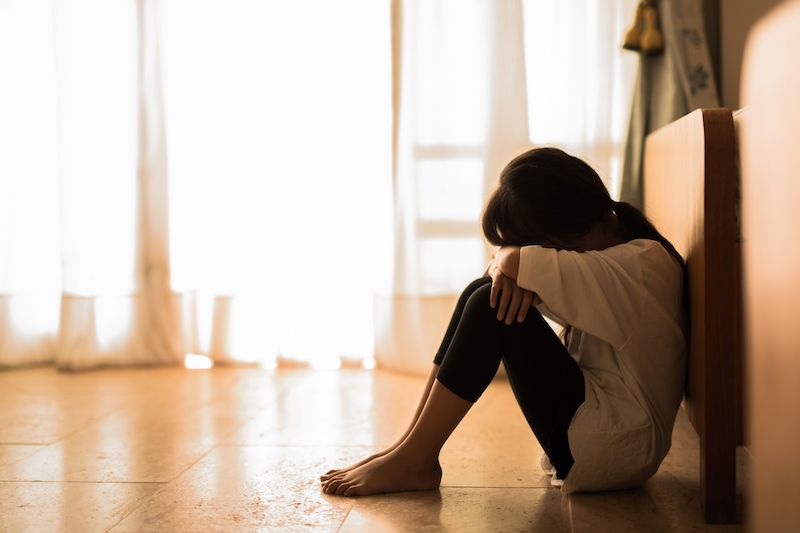

Death and dying should not be taboo subjects in conversations with children, one of the Youth Commission's bereavement support workers has said, as they set out why parents should "gently introduce incredibly difficult subjects" so that their children's fears, anxieties and misunderstandings don't spiral out of control.
The theme of Dying Matters week, 11-17 May 2020, is 'Dying To Be Heard', which focusses on how to help people by listening to them.
The covid-19 pandemic has meant conversations about death are currently perhaps more common than usual for some, with families confined to their homes, restrictions on attendance at funerals and many people unable to see loved ones who have a terminal illness.
Denise Ozanne from the Sunflower Project, the Youth Commission’s bereavement support service for children and young people, said that children are likely to pick up on changes and worries in the family, but without becoming fully aware of the situation until it is too late.
"In my role as a Child and Young Person Bereavement Worker, one of the saddest situations I have to deal with is helping someone come to terms with the death of loved one when they did not expect it," she said. "They can often feel guilty that they had not realised that person was going to die, or angry that no one told them what was happening."

Pictured: Denise Ozanne from the Sunflower Project provides bereavement support to young people and children.
"I recognise finding the words can feel unbearable but with a little preparation and thought it does not have to be impossible. Taking the first small steps can be a huge relief for a parent. With the Sunflower Project you can explore the best ways to explain what is happening in a way that suits your family and situation."
Some of the guidance from The Sunflower Project is that parents or carers use honest, age appropriate language to gently introduce incredibly difficult subjects such as dying. "These conversations can develop in small chunks over time and the child can be encouraged to ask questions. This means as a loved one’s health deteriorates the whole family can work together to support each other."
Without this, fears can grow and children's imaginations can run wild, as is set out in the latest leaflet from Dying Matters on Talking about Death to Children.
"If we leave children alone with fears and misunderstandings regarding death, they can grow and grow. Children are more open to conversations about death than adults often realise.
"We need to talk to children about dying so that the myths don’t take over, and so that they don’t feel isolated or guilty about what they think. It’s much better to have helped children have an understanding of death, funerals, burial and cremation before being confronted with these things when someone close to them dies."
Comments
Comments on this story express the views of the commentator only, not Bailiwick Publishing. We are unable to guarantee the accuracy of any of those comments.